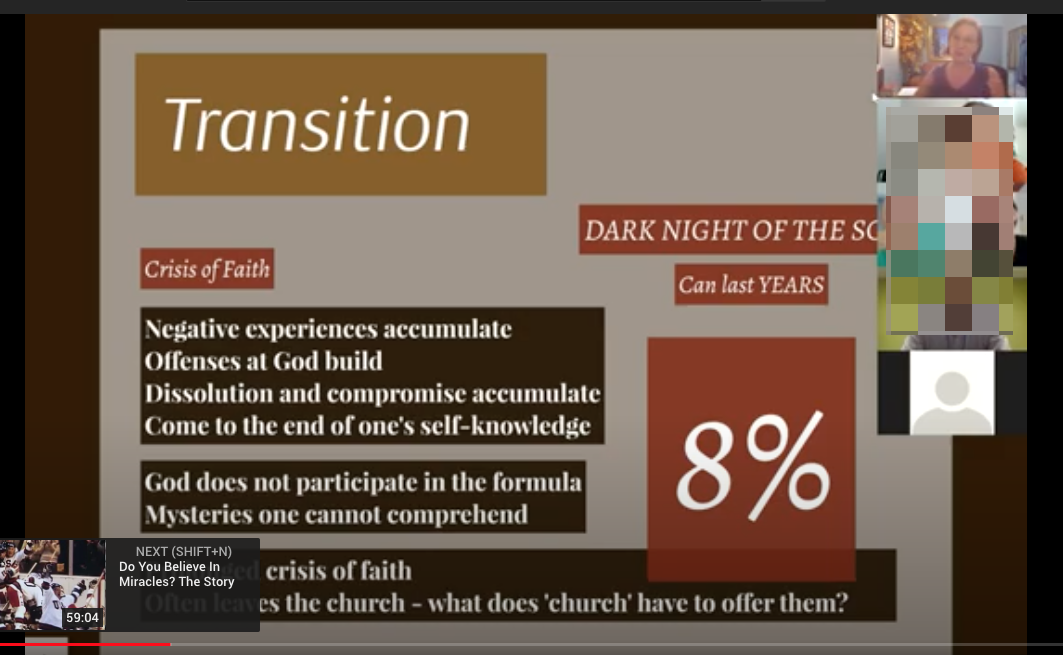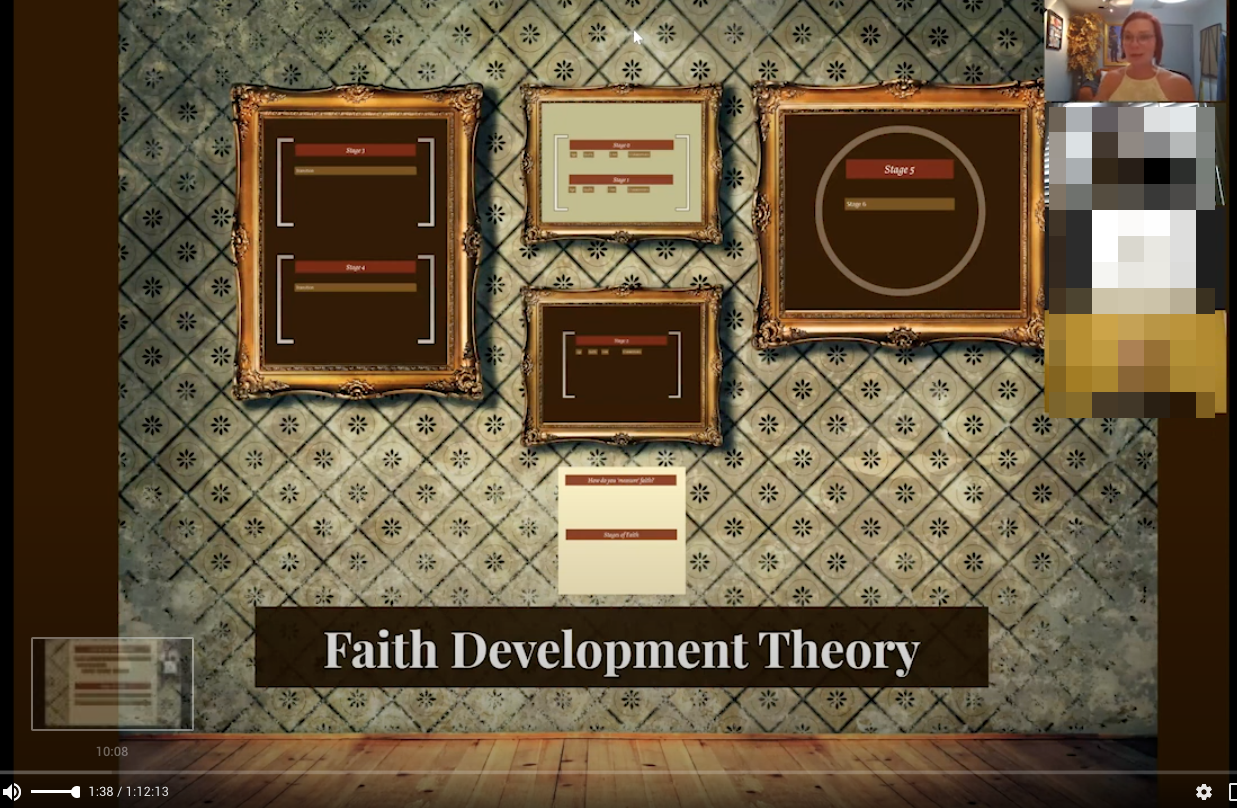“Human transformation may not be rocket surgery, but it is brain science.”
— Jessie Cruickshank
I am a nerd. I have always been a nerd, even before I got a graduate degree from Harvard in educational neuroscience. The problem is that there are so many interesting questions to pursue! The wonders around us are endless and the journey each question take us on only opens up more mysteries. Many of the questions I ask require original research, which I have done as professionally as possible.
Evolving Kolb: Experiential Education in the Age of Neuroscience
This peer-reviewed journal article presents the first biologically-based model of how to teach based on how the brain learns. It re-conceptualizes experiential learning by building cognitive neuroscience, Dynamic Skill Theory, and effective experiential education practices into a self-adjusting fractal-like cycle that we call Co-Constructed Developmental Teaching Theory (CDTT). CDTT is a biologically driven model of teaching. It is a cohesive framework of ideas that have been presented before but not linked in a coherent manner to the biology of the learning process. In addition, it orders the steps in a neurobiologically supported sequence. CDTT opens new avenues of research utilizing evidenced-based teaching practices and provides a basis for a new conversation.
Primer on CDTT for Leadership, Discipleship, and Learning
This short, 2-page primer introduces Co-Constructed Developmental Teaching Theory (CDTT). It includes the two working models of the theory and a brief description of each phase.
Understanding and Mastering Complexity, Chapter 5: Co-constructed Learning Enhances Understanding
This short book chapter contains a simple introduction to our theory of teaching called, Co-Constructed Developmental Teaching Theory. It provides short descriptions of the 5 phases of CDTT, as well as practical examples of how the whole model looks as it plays out in real time.
Perspectives of Millennials in Ministry: A qualitative study
The research and findings of a qualitative study on Millennials in ministry in partnership with Olivia Lorimer.
Challenges and opportunities in considering the internet as a 4th Space for ministry
Originally presented in 2015 at the Elemental Conference in Toronto, this paper captures Jessie’s seminal argument for considering a 4th space of ministry – the online world. In this article looks at both the challenges and opportunities that come from a world that increasingly finds itself online, both from a neuro-psychological perspective and a ministry point of view.
Blog Articles
Pulpit, power, and the brain
Power dynamics are all around us. No person or community is insulated from them, including those connected as a family...
Finding Truth in a Post-Truth World
It is worth acknowledging that whole books have been written on this topic by philosophers and theologians. As a...
Faith Development Theory Part 3
https://youtu.be/V3bzh7RX8hM
Faith Development Theory Part 2
https://youtu.be/hLhGpZuAVgs
Faith Development Theory Part 1
https://youtu.be/_UAaKytojFE
Perspectives of Millennials in Ministry: A qualitative study
The research and findings of a qualitative study on Millennials in ministry in partnership with Olivia Lorimer....
Challenges and opportunities in considering the internet as a 4th Space for ministry
Originally presented in 2015 at the Elemental Conference in Toronto, this paper captures Jessie’s seminal argument for...
Understanding and Mastering Complexity, Chapter 5: Co-constructed Learning Enhances Understanding
This short book chapter contains a simple introduction to our theory of teaching called, Co-Constructed Developmental...
Primer on CDTT for Leadership, Discipleship, and Learning
This short, 2-page primer introduces Co-Constructed Developmental Teaching Theory (CDTT). It includes the two working...
Evolving Kolb: Experiential Education in the Age of Neuroscience
This peer-reviewed journal article presents the first biologically-based model of how to teach based on how the brain...
Experiential Education Lecture – Part 2
Lecture 2 is full of teaching tips and techniques that help a facilitator improve their practice. Focused on some of the brain’s non-conscious processes that affect learning, Jessie gives practical advice based in the art and science of learning.
Experiential Education Lecture – Part 1
How do you teach someone something once, and have them remember it with a high degree of accuracy? How do you lead someone to place of transformation? CDTT is break-through model of teaching and discipleship based in neuro-biology that will forever change the way you communicate.
Some Perspective on Millennials Serving in Ministry
What are we to think about Millennials as future leaders of the ministry?

















